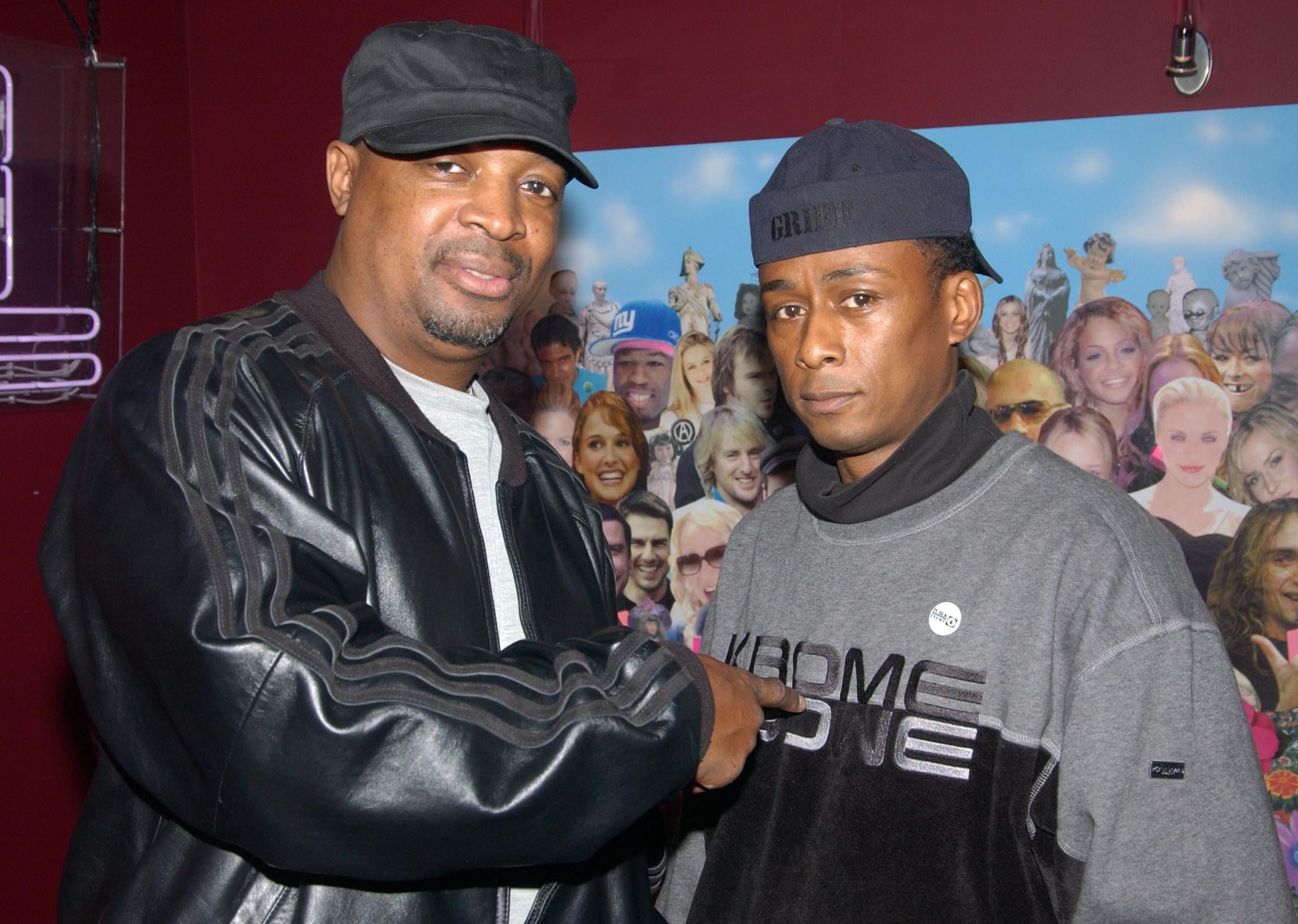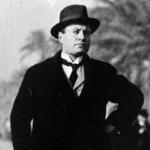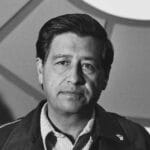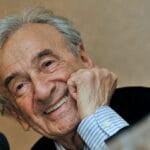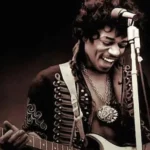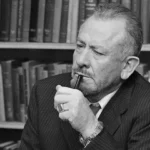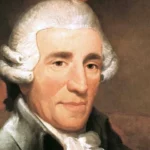Carlton Ridenhour. You likely know him better as Chuck D, the driving force behind Public Enemy, the group that injected a potent dose of social commentary into hip-hop. But Ridenhour’s story transcends music; it’s about a man shaped by his upbringing, driven by conviction, and dedicated to making a difference.
From Long Island to Global Icon
Born in 1960 on Long Island, New York, Ridenhour was immersed in music from a young age. Motown and showtunes filled his world, foreshadowing the diverse sounds that would later influence his music. His parents’ activism ignited within him a sense of social justice that would blossom into a lifelong passion.
At Adelphi University, Ridenhour’s path intertwined with William Drayton, better known as Flavor Flav. In 1985, they formed Public Enemy, a group poised to redefine hip-hop. Public Enemy’s music pulsated with raw energy, fueled by politically charged lyrics that challenged the status quo. Their anthem, “Fight the Power,” transcended music; it became a rallying cry for a generation yearning for change.
Ridenhour’s influence extended beyond the stage. He understood the power of his platform and used it to shine a light on racism, police brutality, and inequality. He evolved into a powerful advocate for social justice, demonstrating that music and activism could be potent allies.
As technology advanced, so did Ridenhour’s methods. He embraced the digital age, becoming a pioneer in online activism and demonstrating how to leverage the internet to amplify important messages.
The Duality of an Icon
Despite his powerful stage presence and unwavering commitment to activism, Ridenhour remained grounded, a testament to his upbringing. He cherishes his privacy, keeping his family life separate from the spotlight. While his lyrics are filled with righteous anger, those who know him describe a thoughtful, introspective man.
Ridenhour’s journey is a testament to the power of voice. It embodies the potential for change when art and activism converge. His legacy reminds us that we all have a role to play in the fight for a more just future.
The Genesis of a Partnership: How Chuck D Met Flavor Flav
The meeting of Flavor Flav and Chuck D is a tale rooted in shared passion and a serendipitous encounter. In the early 1980s at Adelphi University, Chuck D, already captivated by hip-hop, hosted his own college radio show. It was here he met William Drayton Jr., who we know as Flavor Flav.
Their shared love for hip-hop sparked a connection. They started rapping together, and their chemistry was undeniable. Chuck D brought lyrical fire, while Flavor Flav brought an infectious energy that drew people in.
Before Public Enemy, they experimented with the name “Chuck D and Spectrum City,” releasing tracks in 1982. These early recordings, though not chart-toppers, allowed them to hone their sound.
In 1985, they officially formed Public Enemy. Their goal extended beyond making music; they wanted to use their voices to challenge injustice. Their music, a fusion of hard-hitting beats and poignant lyrics, became a force for social change.
“Fight the Power” became more than a hit song; it evolved into an anthem for a generation demanding change. It solidified their position as one of the most influential hip-hop groups ever.
Public Enemy: A Voice for the Voiceless
Public Enemy’s music wasn’t about catchy hooks and party anthems. They became the voice of the unheard, particularly during the tumultuous 1980s. Their lyrics tackled issues like racism, poverty, police brutality, and political corruption.
“Fight the Power” stands as a powerful testament to their message. The song urged listeners to challenge the status quo, confront racism, and fight for equality. Lines like “Most of my heroes don’t appear on no stamps,” forced a reflection on whose stories were told and whose contributions were ignored.
“911 is a Joke” exposed the systemic failures within the justice system, particularly towards marginalized communities. “Welcome to the Terrordome” provided a raw and unflinching look at the realities of poverty.
Public Enemy’s impact transcended music; they inspired action. They ignited a fire in listeners, urging them to speak up for what’s right and demand equality.
The Pen of a Poet: Decoding Chuck D’s Lyrical Impact
Chuck D wasn’t just the frontman for Public Enemy; he was the wordsmith behind some of their most impactful tracks. “Fight the Power,” their clarion call for change, became an anthem for a generation yearning for justice.
“911 is a Joke” delivered a raw and unflinching look at the failings of a system that often marginalized those it was meant to protect. “Welcome to the Terrordome” thrust listeners into the heart of poverty and inequality. “By the Time I Get to Arizona” tackled racial profiling and police brutality head-on, issues that remain tragically relevant today.
“Fear of a Black Planet,” the album, was akin to a revolution set to music. It delved into the complexities of racism, corruption, and systemic inequality. This wasn’t music for passive listening; it was a call to action.
Chuck D’s lyrics weren’t just about rhyme schemes and wordplay; they were about sparking dialogue and demanding change. He provided a platform for the unheard and forced uncomfortable conversations. His influence on hip-hop and culture is immeasurable.
Read the article to know more about Cuba Gooding Jr.’s Brother and Gordon Clapp’s Acting Career.
- Unveiling the Enigma: Mansoureh Khojasteh Bagherzadeh’s Public Appearances & Private Life in Iran - July 18, 2025
- Unveiling the Mystery: Mansoureh Khojasteh Bagherzadeh’s Husband: A Rare Glimpse into a Private Life - July 18, 2025
- Unveiling Masoud Khamenei’s Mother: Power, Influence, and Iran’s Future - July 18, 2025
